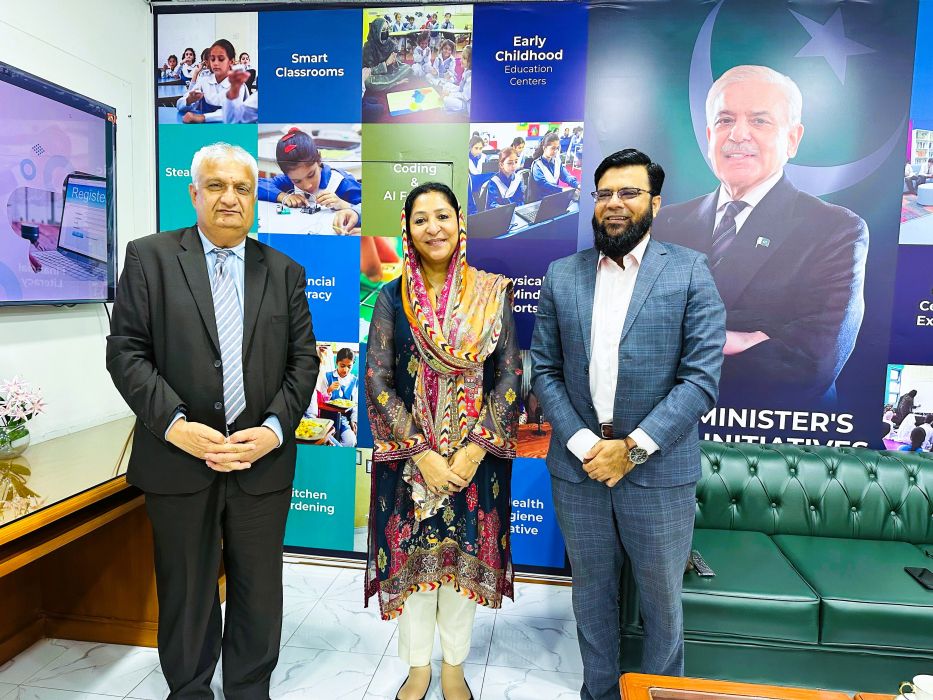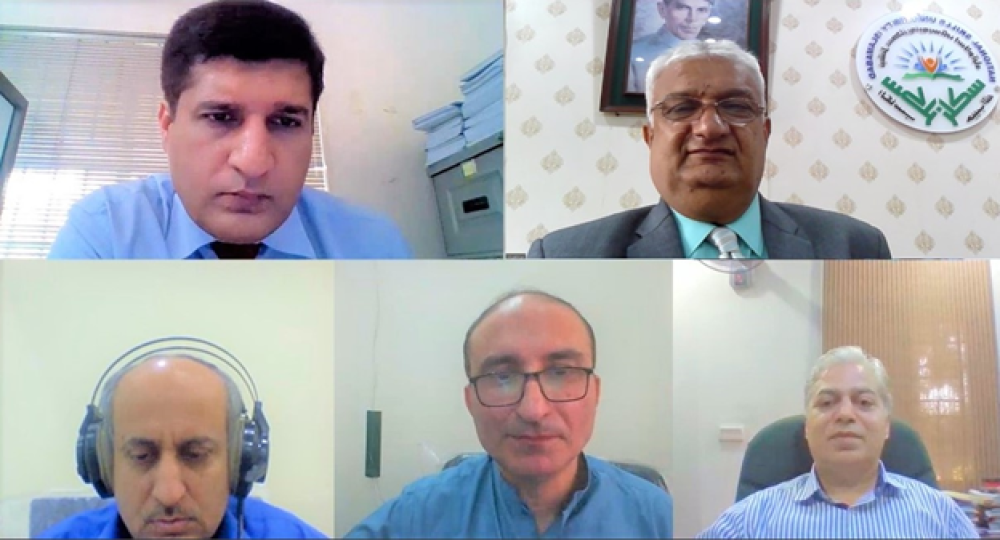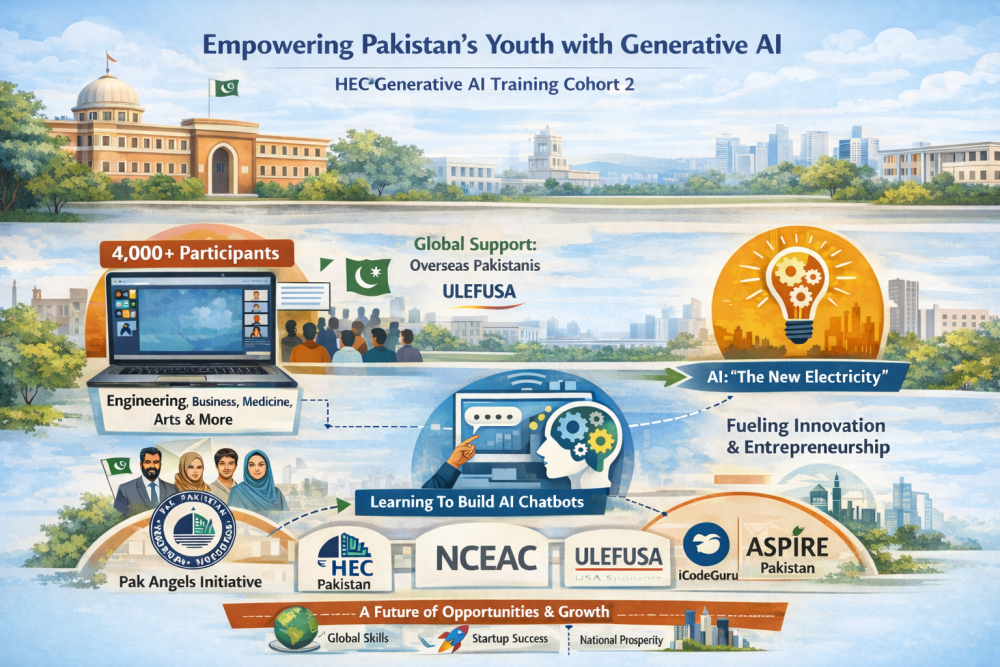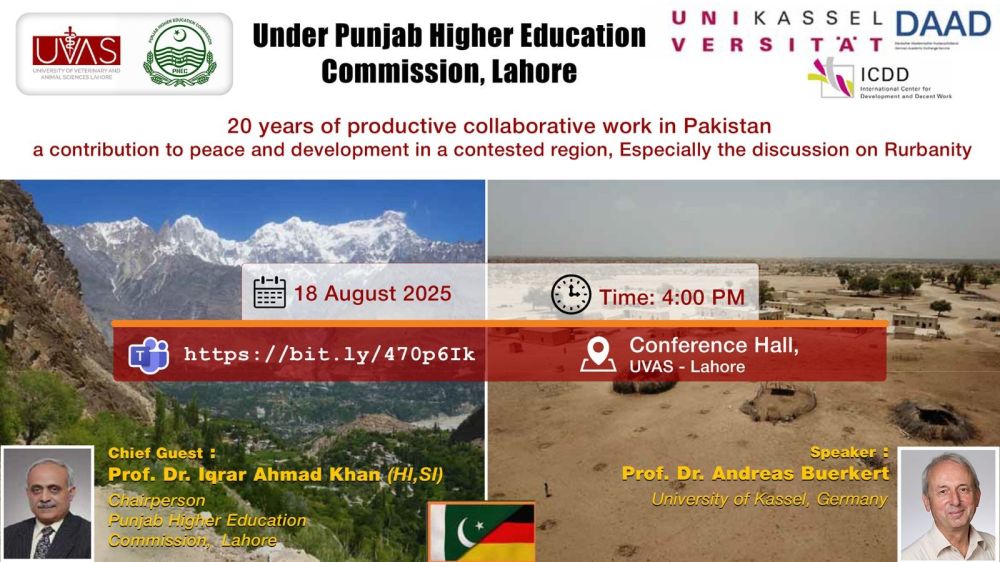196/25 A New Chapter for Federal Education System: The Promise of Ms. Wajiha Qamar
Posted 4 months ago
A Narrative by Prof. Dr. Muhammad Mukhtar
Thanks to Syed Bilal Ahmad, PSO to Minister for the Photograph
Ms. Wajiha Qamar is not the typical political figure. She embodies a rare mix of modernity and respectfulness, the kind of leader who speaks of educational policy not as a technical document but as a moral obligation. In our conversation, she emphasized the urgency of reforms and the responsibility of building a system that reaches the underserved, the children in remote villages, the young women who still face barriers, and the millions whose futures depend on accessible, high-quality education.
Fortunately, Mr. Muzammil Athar, a longtime friend of mine and supporter of the National Skills University Islamabad, a man whose work in the field of IT training for poor and deserving students has quietly changed hundreds of lives, was also present in Minister Sahiba's office. His efforts led to sanctuaries of opportunity, where young people left behind by society can dream bigger dreams.
I introduced the two in spirit, suggesting to Muzammil that his efforts should become part of the broader national framework now being shaped by Ms. Wajiha. I told him what I firmly believe: that the future of education in Pakistan will not be written by policy alone, but by the synergy of policy and practice, when government visionaries like Ms. Wajiha join hands with grassroots innovators like Muzammil. Such collaborations, I believe, holds the key to a brighter future for education in Pakistan.
What makes Ms. Wajiha Qamar’s leadership so compelling is her understanding that ministries alone cannot transform nations. It is the collective action of the state, civil society, and private innovators that truly shifts the needle. If initiatives like Muzammil’s IT training programs, which empower children from the poorest households, can align with the Ministry’s vision, the result could be truly transformative for individual learners and for Pakistan’s very social fabric.
What struck me most in our meeting was not the formality of her office or the gravity of her title but the clarity of her intent. Here was a leader who listens, values partnership, and is willing to open doors to those working in the trenches of change.
Ms. Wajiha Qamar always offers a hopeful narrative: that leadership can still mean service, that ministries can still be places of innovation, and that education, as a powerful tool, can still be the ladder through which the poorest among us climb toward dignity and social change.





